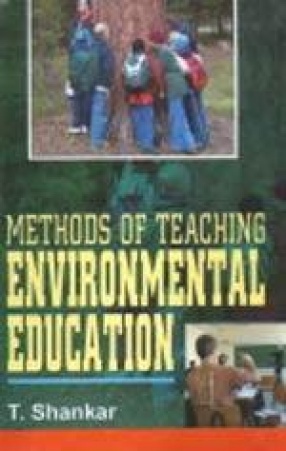
Showing all 8 books
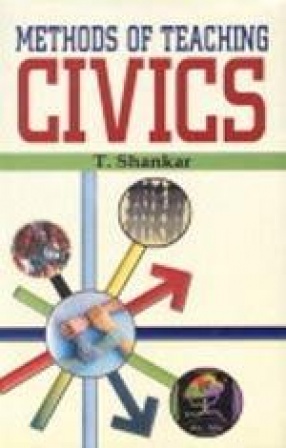
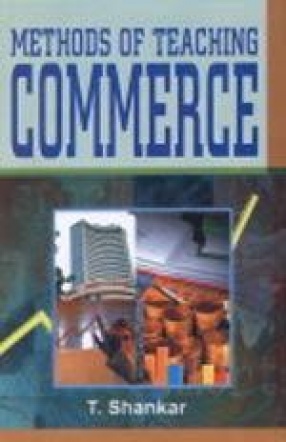
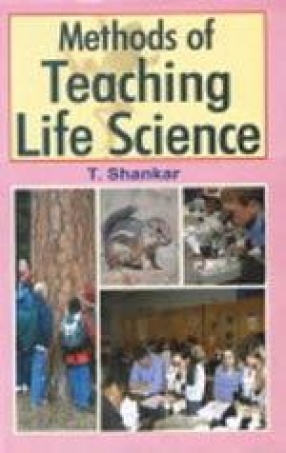
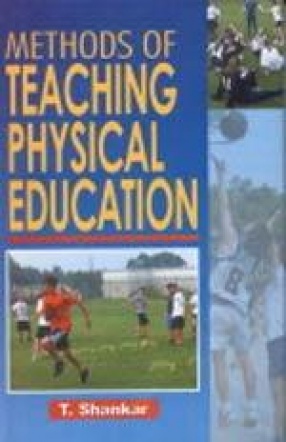
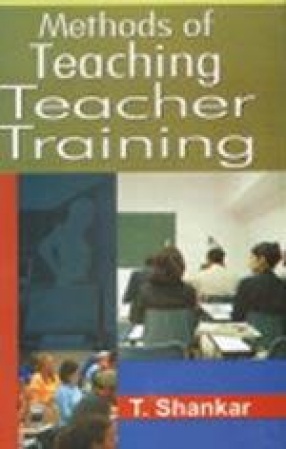

Environmental education refers to organised efforts to teach about how natural environments function and, particularly, how human beings can manage their behaviour and ecosystems in order to live sustainably. It is about understanding the causes and effects, of positive and negative aspects, of global and local issues, of immediate and long-term issues, and of direct and indirect impacts. This book aims to help teachers to understand the method and ...

Civics is the science of comparative government and means of administering public trusts--the theory of governance as applied to state institutions. It is usually considered a branch of applied ethics is certainly part of politics. Civics education is an important means for capacity development on the societal level by empowering people for effective civic engagement. It is an essential dimension in strengthening a society's ability to manage its own affairs and ...

Commerce is the trading of something of economic value such as goods, services, information or money between two or more entities. It is the central mechanism which drives economic systems. The world of commerce has dramatically changed. With the wide spread introduction of electronic commerce systems and technology it is now seen as the future of commerce. Today's students must have good understanding of the more common mechanism and programming languages used ...
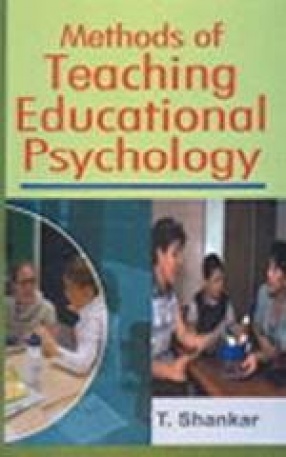
Educational psychology is the study of how humans learn in educational settings, the effectiveness of educational interventions, the psychology of teaching, and the social psychology of schools as organisations. The twenty first century marks a critical time for education and educational psychology faculty. Current standards for teacher certifications and suggestions for reform in teacher education assume that teachers will have a deep and generative ...
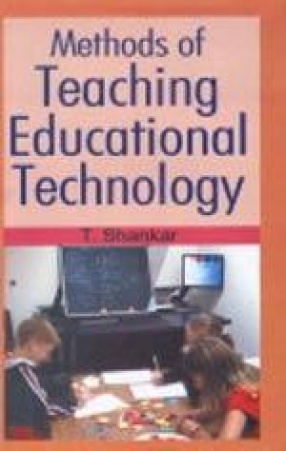
Education technology is the use of technology in education to improve learning and teaching. It is a continually growing field of study and practice utilising technology as a way to solve educational challenges. This book comprehensively describes the methods and strategies of teaching educational technology. It provides guidelines for teachers to integrate technology into the curriculum to support and shape learning. The book shows teachers how to create an ...

Life sciences are sciences that deal with the study of life. It encompasses a broad spectrum of academic fields that are often viewed as independent disciplines. However, together they address phenomena related to living organisms over a wide range of scales, from biochemistry to ecology. The strategic approaches and techniques for teaching of life science are elaborately explained in the present volume. It is intended to help students develop an accurate ...

In most educational systems, physical education is a course in the curriculum which utilizes the learning medium of large-muscle activities in a play or movement exploration setting. It aims to equip students with the knowledge, skills, capacities, and values along with the enthusiasm to maintain a healthy lifestyle into adulthood, regardless of their physical abilities. It is almost always mandatory for students in elementary schools, and often for students in ...

Teacher training is a topic that has not attracted the attention it deserves, at least until recently. Now it is becoming clear that despite all the teacher training, credentialing, and annual evaluations that teachers have undergone for years, there are enormous difference is effectiveness among fully qualified and experienced teachers. The pedagogical concepts in which teachers are indoctrinated shape the education community's preference for schooling that is ...
